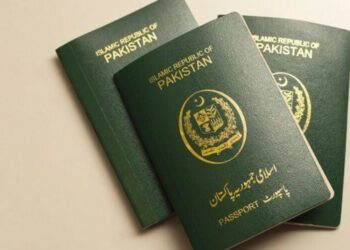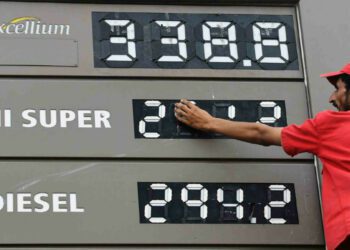Residents of Karachi are facing a severe water crisis during the Eid-ul-Adha holidays due to increased demand driven by festive activities and sacrificial rituals.
Vast areas of the city are experiencing an acute shortage of water. Karachi requires approximately 1,200 million gallons per day (MGD), yet it receives only around 650 MGD.
In addition to the supply gap, line losses and theft further exacerbate the issue, leaving a significant portion of the population without sufficient access to water.
The Karachi Water and Sewerage Corporation (KWSC) has announced that water tanker services will remain operational during the Eid holidays. However, residents who rely on tankers are being urged to take extra precautions, as only 15 MGD of water is distributed through tankers citywide.
Water utility officials noted that more than 3,500 registered water tankers draw supplies from seven hydrants located across various districts of the city.
Tanker operators have warned that the number of operational tankers during the Eid break will be unusually low, as many drivers have already left for their hometowns to celebrate the festival.
Due to the ongoing citywide water shortage, many residents are heavily dependent on tanker services, which are often difficult to access. The KWSC reportedly receives booking requests that exceed the allocated water quota for each district.
Residents have also complained about the so-called “tanker mafia,” claiming they do not adhere to official pricing and consistently overcharge.
In many densely populated, low-income areas, water is being distributed through smaller pickups and donkey carts, which sell it at arbitrary rates.
A KWSC spokesperson claimed that regular water supply and tanker services would continue uninterrupted during the holidays.
“This decision has been taken to ensure the timely and clean supply of water to citizens throughout the festival,” the spokesperson said.
Meanwhile, residents of Azizabad staged a protest against the Karachi Water Corporation over the ongoing failure to provide water in their locality.





































